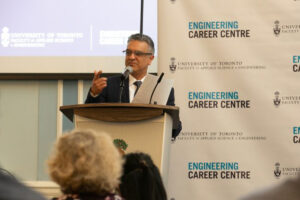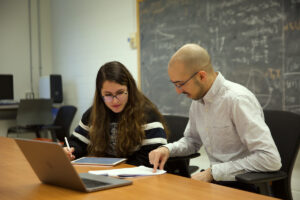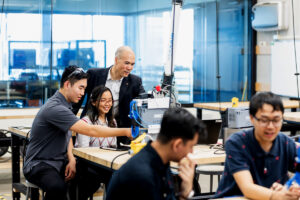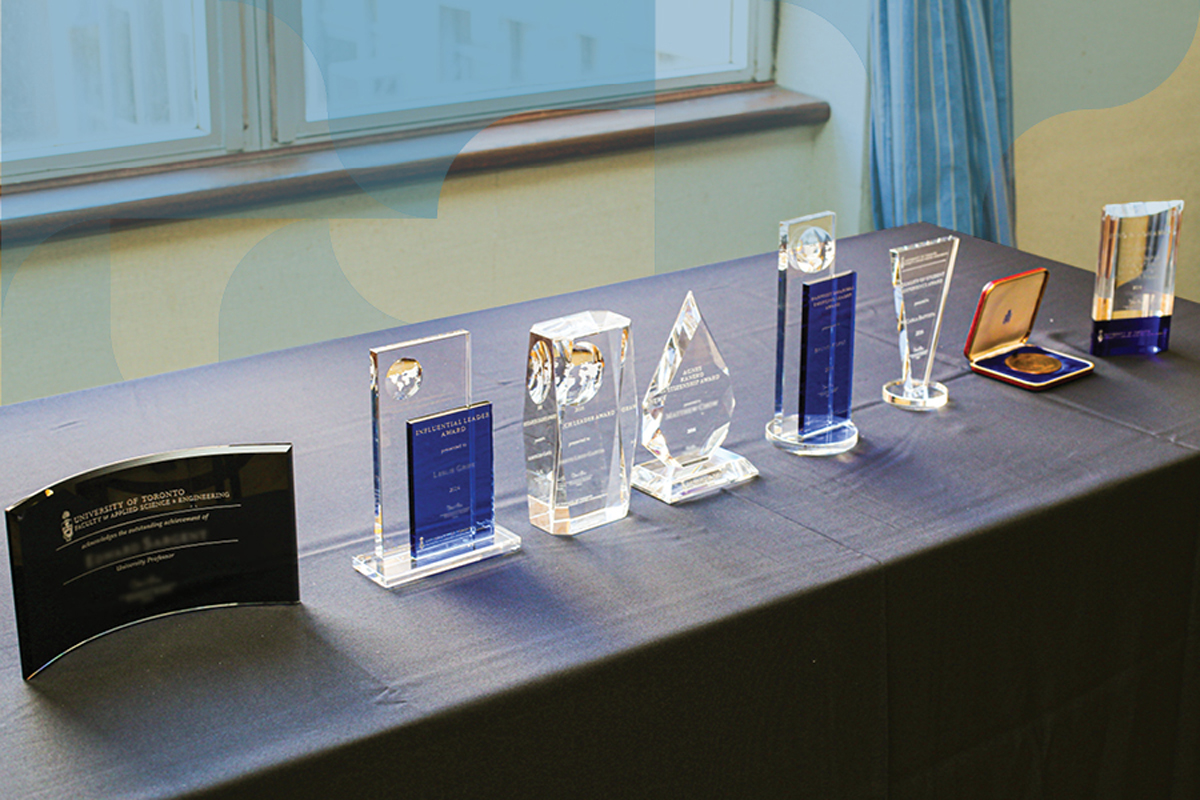
APRIL 17, 2024 • By Carolyn Farrell
The University of Toronto’s Faculty of Applied Science & Engineering recently honoured 25 faculty and staff members for their outstanding contributions with teaching, research and administrative staff awards. These awards recognize exceptional faculty and staff for their leadership, citizenship, innovation and contributions to U of T Engineering’s teaching, service and research missions.
“I’m grateful for this opportunity to acknowledge our professors and staff who contribute to making U of T Engineering Canada’s top-ranked school for engineering education and research,” says Christopher Yip, Dean of U of T Engineering.
“My congratulations to all the awardees, and my heartfelt thanks to all our faculty and staff members for their continued excellence.”
"It’s a pleasure to see Professors Papernot and Lehn recognized in this year’s faculty award list,” says Professor Deepa Kundur, Chair of ECE. “Nicolas has shown great innovation and insight in his early-career research in machine learning and security, while Peter has demonstrated talent and dedication in the many aspects of his role, especially in shaping the minds of countless future engineers. Sincere congratulations to both.”
McCharles Prize for Early Career Research Distinction
Recognizing exceptional performance and distinction in research by a pre-tenure faculty member.
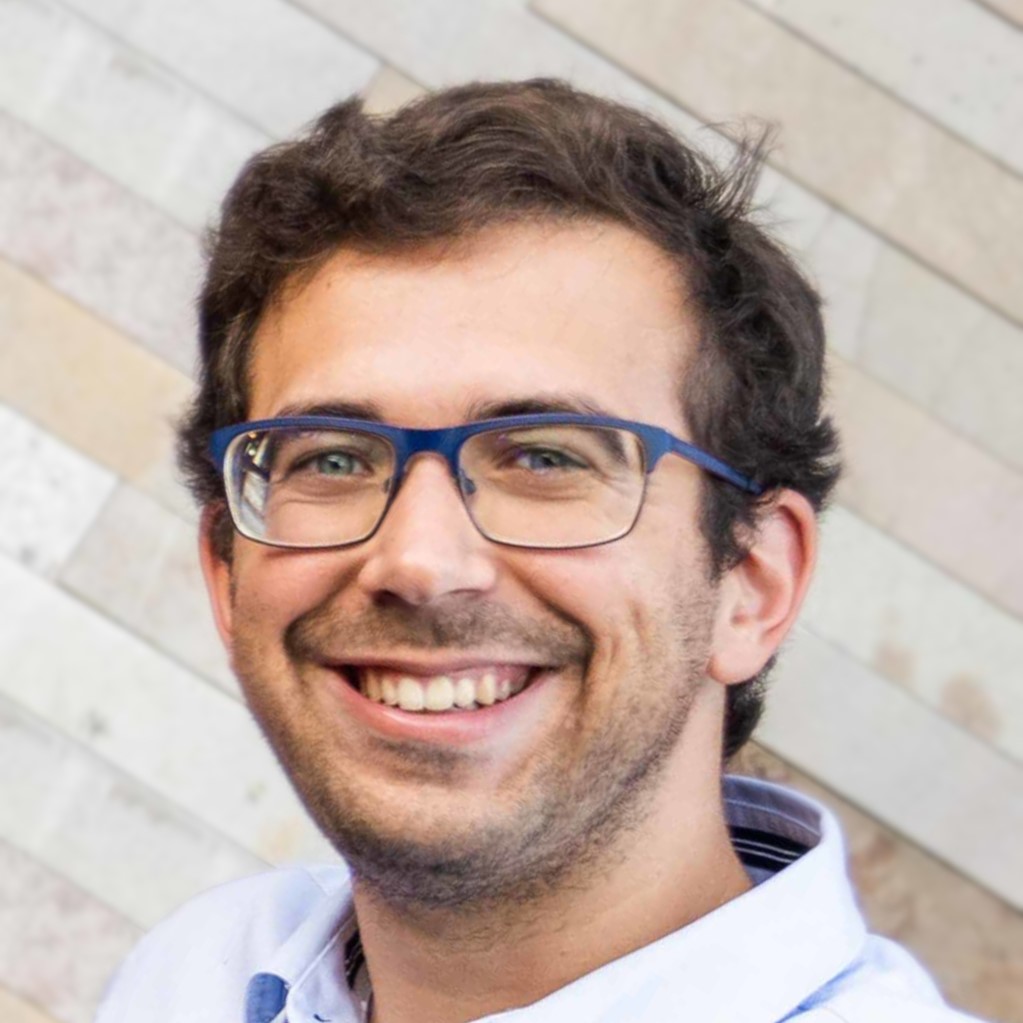
Nicolas Papernot is a professor in The Edward Rogers Sr. Department of Electrical & Computer Engineering, cross-appointed with the department ofcomputer science in the Faculty of Arts & Science. He holds a Canada CIFAR AI Chair at the Vector Institute and is a faculty affiliate at the Schwartz Reisman Institute.
After obtaining his PhD in 2018, he spent a year at Google Brain as a research scientist, and was then recruited to U of T as part of the Pan-Canadian Artificial Intelligence Strategy. The focus of Papernot’s research is the security and privacy of deep learning models in machine learning.
Soon after he joined U of T, his group released a paper on machine unlearning, which was an important milestone in defining how machine learning models could be made to forget data used to train them. Through this work, Papernot has established himself as an important contributor to discussions around the ethics and societal impact of machine learning.
He has been consulted on these issues by the Privacy Commissioner of Canada and the United States Department of Defense, among others. Some of the approaches to privacy-preserving machine learning he developed are being deployed by companies such as Google to protect the privacy of billions of users. Papernot has received a Sloan Research Fellowship and is a member of the Royal Society of Canada’s College of New Scholars, Artists & Scientists.
Faculty Teaching Award
Recognizing a faculty member who demonstrates outstanding classroom instruction and develops innovative teaching methods.
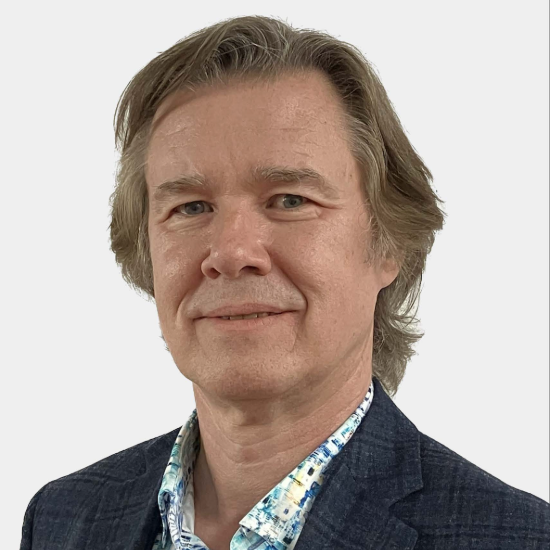
Since joining the faculty in 1999, Peter Lehn has taught a variety of electrical engineering undergraduate courses and established a reputation for teaching excellence. He receives high praise from students for his engaging lectures and innovative teaching methods and has equipped hundreds of students with the skills necessary to lead the transition to net-zero emissions.
Lehn believes that experiment-based learning forms a key part of engineering education, and he has made it his mission to ensure that U of T offers the best undergraduate lab experience in energy systems in North America. His development of custom laboratory hardware has allowed students to visualize, in real-time, the electromagnetic interactions internal to electric machines, providing a foundation for the development of high-performance motor drives as found in electric vehicles, wind turbines and electric aircraft.
His efforts have extended beyond his own courses — a few years ago, he embarked on a project to completely redesign the energy systems lab, securing state-of-the-art equipment and infrastructure. The unique lab infrastructure that Lehn enabled was recently leveraged by colleagues to develop a new graduate course on electric vehicle systems and will soon support a faculty-wide undergraduate course on the same topic.
Story from U of T Engineering News, with full list of staff and faculty recipients. Files from Matthew Tierney
